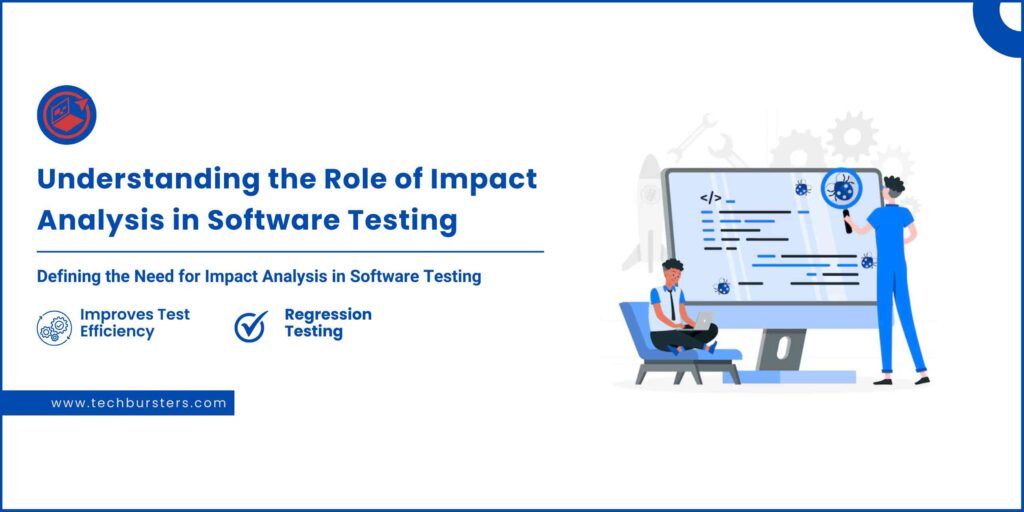
Software testing makes impact analysis feasible, as the method endeavors to study the changes that occur in the software system. Thus, it is beneficial in the ability to determine which areas of the system are more prone to code change effects. That is why it makes the tests more effective and contributes to concentration. The importance of impact analysis in software testing from several vital perspectives is the focus of this article.
Defining the need for impact analysis in software testing
Structural changes could be dramatic in software development, while the integration of new features or fixing a flaw could also cause major changes in software development. In software testing, impact analysis is the technique of reviewing these changes to determine if they will affect the current code. The impact analysis contributes to identifying the scope of potential risk and enables the proper focus of testing activity on crucial components of the application. However, in doing so it can cover all modifications and at the same time, reduce drastically the time as well as the efforts done in carrying out repeated testing.
How does impact analysis improve test efficiency?
As a result, impact analysis means the identification of specific modules, components, and systems to which a change has been introduced to enable software testers to work more efficiently when going through it. Over the entire development life cycle, addressing high-risk areas instead of performing thorough regression tests for change saves time. By making certain that only the most relevant tests are done this method assists in cutting costs, boosting the working process as well as the overall quality of life cycle software.
Role of Impact Analysis in Regression Testing
Regression testing ensures that new modifications don’t interfere with already-existing functionality. Impact analysis, which determines which parts of the system are most likely to be impacted by modifications, is used to enhance this approach further. This enables testers to conduct a targeted test on certain weak points and helps them determine how modifications will impact how things operate. To reduce the chance of overlooking important flaws and boost test productivity, teams use thorough impact analysis to decide which crucial tests should be executed first and which ones should be skipped completely.
Enhancing Test Coverage with Impact Analysis
In addition to increasing test coverage, impact analysis should be the main emphasis of testing. To ensure that there are no unforeseen side effects, it is crucial to determine which parts of the program require further testing when a change is performed. Teams may create test cases that cover all possible effect regions by using impact analysis to methodically track how changes spread across the system. In this manner, the software is extensively tested, and problems that go unnoticed after distribution are less likely to occur.
The Future of Impact Analysis in Software Testing
Test impact analysis becomes important in testing as the software under development gets more complex. Flow pipelines for continuous integration and delivery require them to be effective and automated. As changes occur in the system, then the impact analysis tools evolve from forms that can be embedded in the software development environments, to those that offer real-time information. Technological enhancements in the field of AI and machine learning shall further amplify the testing speed and also enhance impact assessment credibility.
To sum up, impact analysis is crucial for efficient software testing as it assists teams in locating any problems brought on by modifications. With its AI-powered Impact Analysis engine, which analyzes ERP software changes across more than 150 technologies and 12 ERPs, Opkey is setting the standard in this field. Early risk detection is made possible by Opkey, which improves software quality, reduces testing time, and enhances test coverage. Additionally, test script maintenance overhead is greatly reduced by Opkey’s self-healing test automation, producing scripts that are less resource-intensive and more dependable. Developers can launch with confidence thanks to Opkey’s comprehensive solution, which speeds up Integration Testing, lowers risks, and enhances the general quality of ERP software releases.
